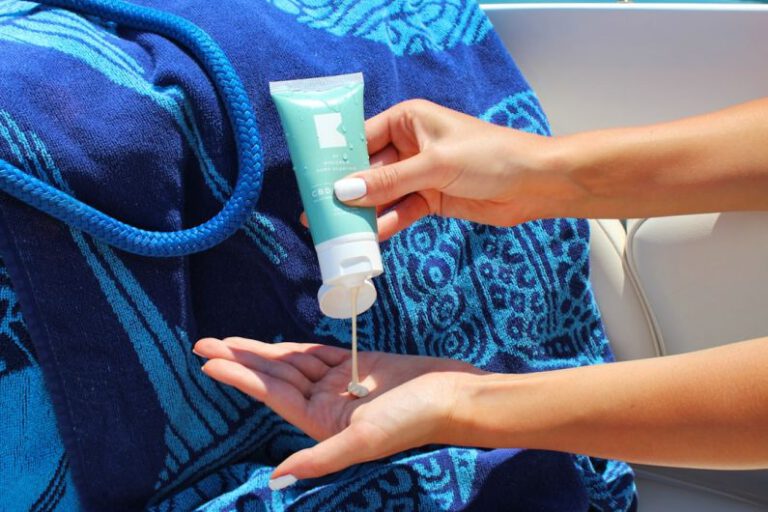Safe Swimming: Tips to Avoid Waterborne Diseases
Swimming is a popular and enjoyable activity for people of all ages. Whether you’re taking a dip in the pool, lake, or ocean, it’s essential to be aware of the potential risks associated with waterborne diseases. Waterborne diseases are caused by microorganisms that are present in water sources, and they can lead to a range of illnesses, from mild skin infections to more serious conditions like gastrointestinal issues. By following a few simple tips, you can minimize your risk of contracting waterborne diseases and enjoy a safe and healthy swimming experience.
Understanding Waterborne Diseases
Waterborne diseases are caused by various types of microorganisms, including bacteria, viruses, and parasites, that can be found in contaminated water sources. These microorganisms can enter the body through ingestion, inhalation, or direct contact with the skin, leading to a range of health issues. Common waterborne diseases include diarrhea, skin infections, respiratory infections, and ear infections. While most waterborne diseases are not life-threatening, they can cause discomfort and inconvenience, especially during the summer months when swimming is a popular activity.
Choose Safe Swimming Locations
When choosing a swimming location, it’s essential to select a site that is known for its clean and well-maintained water. Public pools and beaches that are regularly monitored and treated for bacteria and other contaminants are generally safer options for swimming. Avoid swimming in stagnant or untreated water bodies, as they are more likely to harbor harmful microorganisms that can cause waterborne diseases. If you’re unsure about the water quality of a particular swimming spot, it’s best to err on the side of caution and choose a different location.
Practice Good Hygiene
Good hygiene practices are crucial for preventing waterborne diseases while swimming. Before entering the water, take a shower to remove any dirt, sweat, or bacteria from your skin. Make sure to rinse off thoroughly, especially if you’ve been applying sunscreen or insect repellent, as these products can mix with water and create a breeding ground for bacteria. Additionally, avoid swallowing water while swimming, as this can introduce harmful microorganisms into your body. If you or your children have diarrhea or other gastrointestinal symptoms, refrain from swimming until the symptoms have resolved to prevent spreading illness to others.
Protect Your Ears
Ear infections are a common waterborne disease that can occur when water enters the ear canal and provides a breeding ground for bacteria. To prevent ear infections while swimming, wear earplugs or a swim cap to keep water out of your ears. After swimming, dry your ears thoroughly with a clean towel or use a hairdryer on a low setting to remove any excess moisture. If you experience pain, itching, or discharge from your ears after swimming, consult a healthcare provider for proper treatment.
Stay Informed
Stay informed about the water quality of your chosen swimming location by checking local advisories and alerts. Many beaches and public pools have signage or websites that provide up-to-date information on water quality testing results and potential risks. If there are any warnings or closures due to high bacteria levels or contamination, it’s best to avoid swimming in that area until the water quality has improved. By staying informed and taking proactive measures to protect yourself, you can reduce your risk of contracting waterborne diseases and enjoy a safe and healthy swimming experience.
Conclusion: Dive into Safe Swimming
Safe swimming is essential for maintaining good health and enjoying the benefits of this popular recreational activity. By following these tips to avoid waterborne diseases, you can protect yourself and your loved ones while making the most of your time in the water. Remember to choose safe swimming locations, practice good hygiene, protect your ears, and stay informed about water quality advisories. With these simple precautions, you can dive into safe swimming and have a fun and healthy experience in the water.






